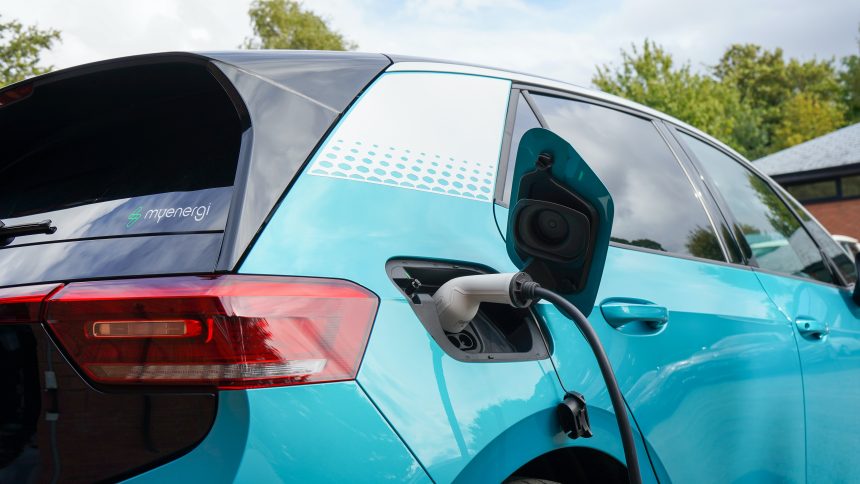Ghana’s electric vehicle (EV) rollout is facing significant hurdles as skills gaps and infrastructure challenges slow progress toward greener mobility.
These challenges were disclosed in a report by the United Nations Development Programme (UNDP). The report provided an in-depth analysis of the current charging and battery swap infrastructure and identified opportunities and challenges across various sectors.
Why it matters
The government’s push for EV adoption aligns with global efforts to combat climate change, but the lack of skilled personnel and charging infrastructure could stall these plans, leaving Ghana behind in the green transition.
The big picture
- Skills gap: The automotive industry in Ghana is largely tailored to internal combustion engines, with limited expertise in EV technology and maintenance.
- Infrastructure shortfall: Ghana currently has fewer than 10 public EV charging stations, inadequate for growing EV adoption.
- Cost concerns: EVs remain expensive compared to traditional vehicles, making them less attractive to the average Ghanaian consumer.
What they’re saying
- A representative from the Ministry of Transport emphasized the need for public-private partnerships to build charging networks and train technicians.
- An EV dealer in Accra noted that consumer interest is growing but is constrained by the lack of convenient charging points.
Source: Ghana News Agency










